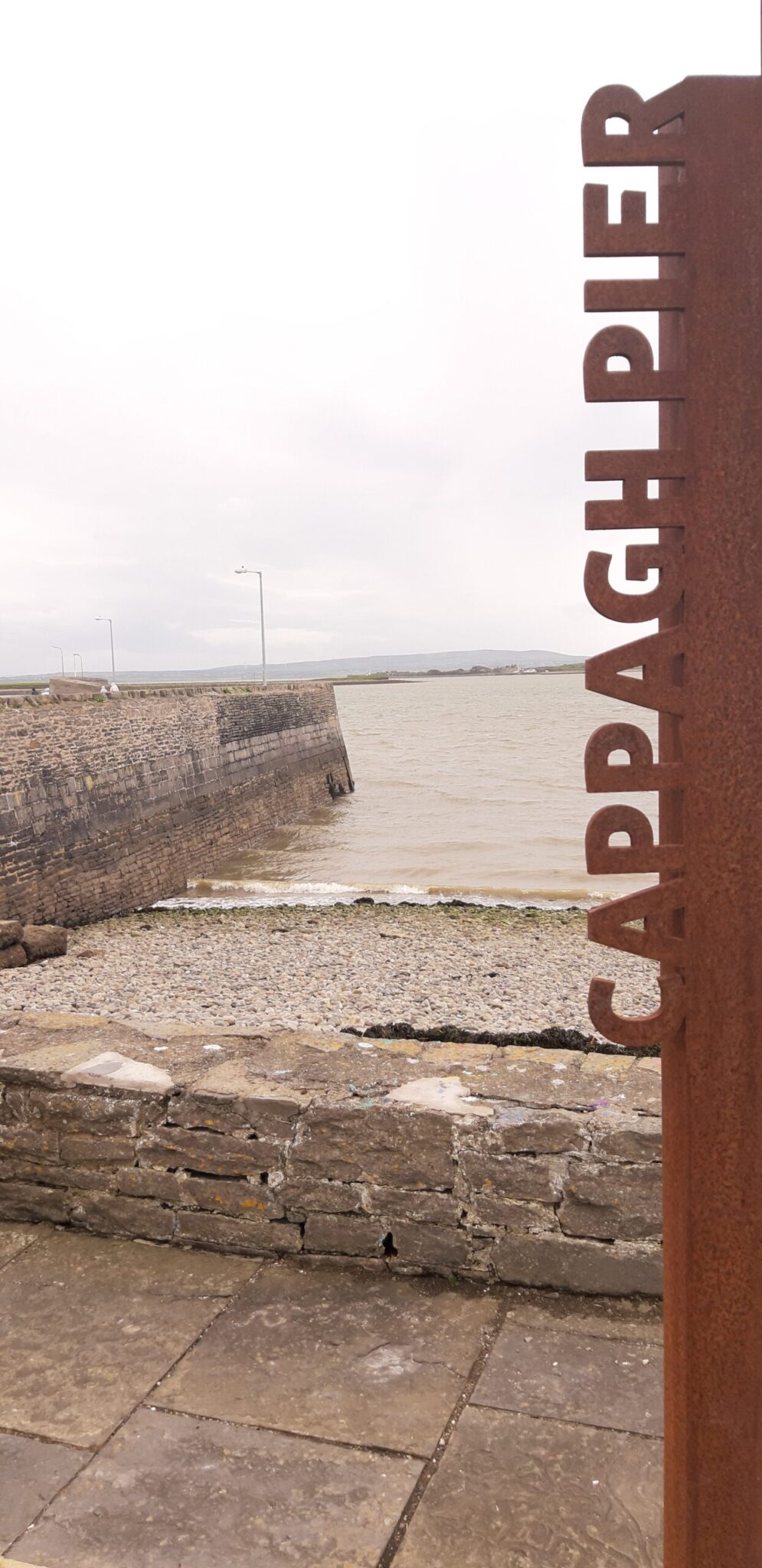Forced from the deep to the shores of Donegal
While visiting Cappagh in Kilrush, for a few final swims before going back to work, I heard about the tragic stranding and death of bottlenose whales. Eight whales became stranded on a beach in Co Donegal. The term stranding refers to an aquatic animal found in an inappropriate location, for example, an offshore species found inshore.[1] Most often, stranded animals are found on a beach or in shallow water. Observations as far back as Aristotle and illustrations from the Middle Ages tell us that marine mammals have been stranding for millennia. There are many causes of strandings, such as disease, ship-strike, injuries, storms, and entanglement.
These naturally friendly whales, were heavily hunted in the early 1900s due to their trusting disposition. They are among the deepest-diving mammals in the world. According to Britannica[2] a Bottlenose whale, refers to any of five species of beaked whales distinguished by a bulbous forehead that drops sharply to the base of the beak. They all inhabit deep offshore waters and eat squid, fish and other bottom-dwelling animals. Bottlenose whales are capable of long deep dives; biologists recorded the dive of one northern bottlenose (Hyperoodon ampullatus) to almost 1,500 metres (4,900 feet) as it remained submerged for nearly two hours.
The Irish Whale and Dolphin Group (IWDG) travelled up from Kilrush in Co. Clare to Donegal this week to deal with the whale standing issue. The IWDG has been working so hard to inform people about what has happened to these beautiful deep sea creatures. The group said it had been providing palliative care to the bottlenose whales, which were beached at Rossnowlagh on Wednesday.
There has been a huge amount of outcry at the images that have been posted of the whales on the beach. People seem to think that a different course of action should be taken – that the whales could be returned to the sea. People really are affected by this story. I believe the IWDG and others in Donegal managed to help one be returned. However, this is not an isolated incident. Similar events are happening elsewhere – with large numbers of strandings reported. A further 11 animals were stranded on the Faroe Islands, two bottlenose whales were seen in Oosterschelde estuary in the south of the Netherlands. On Saturday, at least three beaked were seen in the Firth of Clyde, close to Greenock.
There are many theories as to why such strandings occur. Storms appear to be a factor, and recent bad weather may have played a part in these events. It seems clear that something causes the whales to enter shallow water. It may be that their navigational sense becomes disrupted.
Only very few strandings have been attributed to sound. However, the recent information is that [3],4 scientists believe the strandings this week are a direct result of military sonar exercises. A Nato anti-submarine exercise named Dynamic Mongoose was carried out off Iceland in July. [4]
This has been a really difficult tragedy to observe. I hope that people can channel their anger away from those trying to protect these mammals and learn from this tragedy – into something that can help protect our marine mammals into the future.
[1] https://dosits.org/animals/effects-of-sound/potential-effects-of-sound-on-marine-mammals/strandings/
[2] https://www.britannica.com/animal/bottlenose-whale
[3] https://www.theguardian.com/environment/2020/aug/24/beached-whale-increase-may-be-due-to-military-sonar-exercises-say-experts
[4] https://www.sosdolfijn.nl/nieuws/archief

